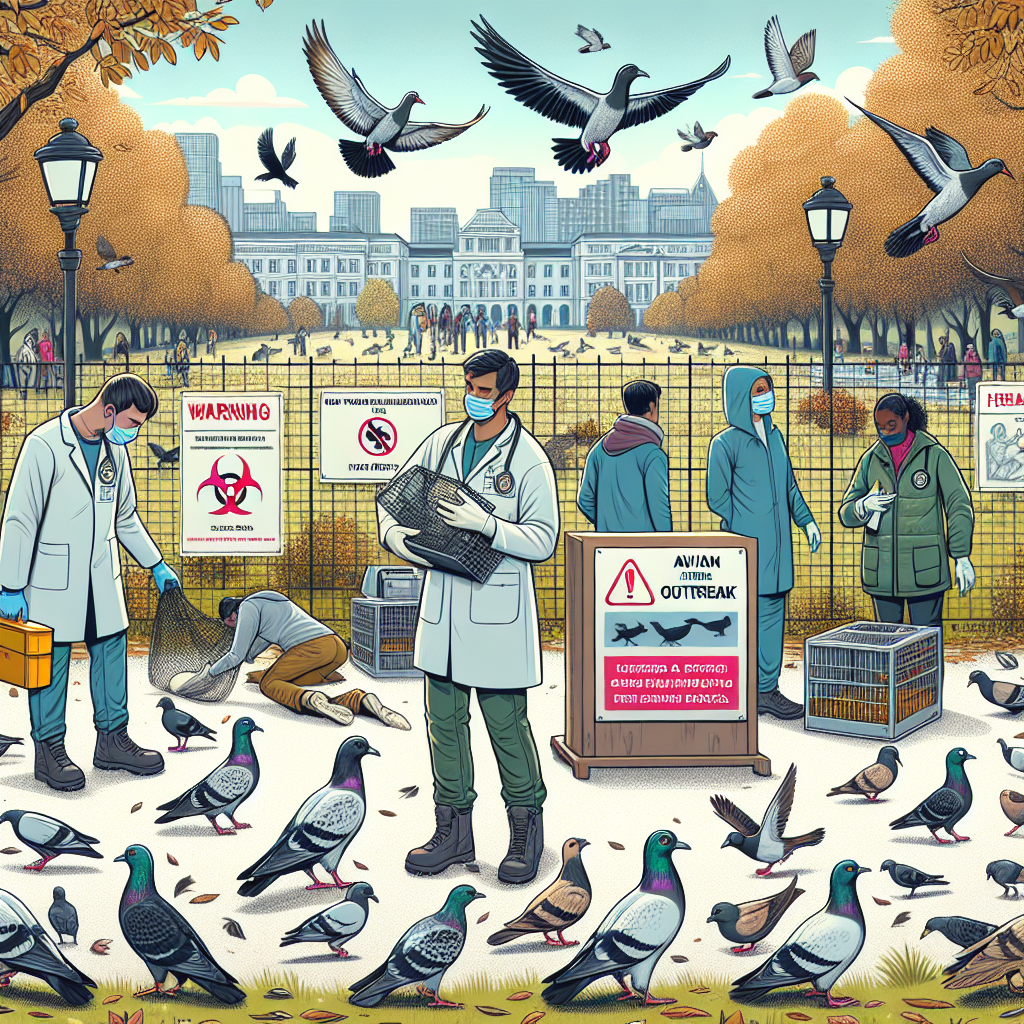Avian Influenza Outbreak Hits Seven Poultry Farms in Victoria
Highly pathogenic avian influenza has spread to seven poultry farms near Melbourne, Australia. Six properties are affected by the H7N3 strain, while one has the H7N9 strain. Although the virus has led to the culling of roughly 1 million chickens, there is currently no egg shortage. Authorities maintain that duck and chicken eggs and meat are safe for consumption.

- Country:
- Australia
Highly pathogenic avian influenza has spread to a seventh poultry farm near Melbourne, the government of Australia's Victoria state said on Monday. Six of the properties have an H7N3 flu strain and a seventh has an H7N9 strain, it said. Neither is the H5N1 type of avian flu that has infected billions of wild and farmed animals globally and raised fears of human transmission.
"Restricted and control areas are in place surrounding all infected premises," Victoria's agriculture department said in a statement. The infected properties include six egg farms and a duck farm. Around 1 million chickens, roughly 5% of Australia's egg-laying flock, have been or will be killed at affected farms to contain the virus, the government said last week.
There has not yet been any shortage of eggs, though some retailers have put in place limits on purchases. Before the latest cases, the first of which was reported last month, Australia had experienced nine outbreaks of highly pathogenic avian influenza since 1976, the government says. All were contained and eradicated.
Authorities say duck and chicken eggs and meat remain safe to eat.
(This story has not been edited by Devdiscourse staff and is auto-generated from a syndicated feed.)










